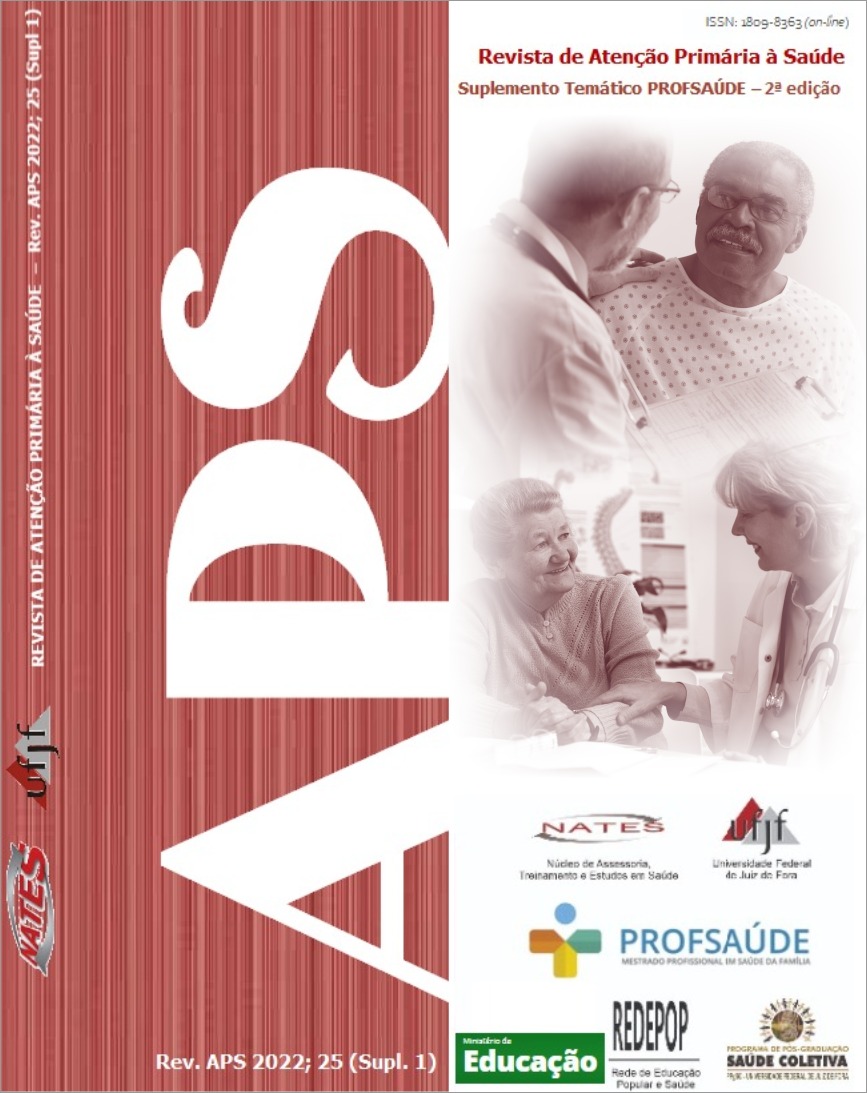Utilização de atendimentos no serviço de Atenção Básica em um município do Espírito Santo segundo perfil sociodemográfico e de condições de saúde
DOI:
https://doi.org/10.34019/1809-8363.2022.v25.35435Palavras-chave:
Acesso efetivo aos serviços de saúde, Cobertura de Serviços de Saúde, Atendimento médico, Estratégia Saúde da famíliaResumo
A Atenção Básica é a principal porta de entrada do Sistema Único de Saúde. O acesso efetivo a esse serviço pode ser avaliado pela utilização de atendimentos, e não apenas pela disponibilidade. O conhecimento do perfil populacional permite identificar grupos vulneráveis à não utilização, assim como conhecer as morbidades mais prevalentes para promover melhor organização da oferta e utilização do serviço. Este trabalho trata-se de um estudo transversal, cujas fontes de dados foram registros das fichas do e-SUS de 8.390 indivíduos, cadastrados numa Unidade de Saúde da Família (USF). Foi analisada a prevalência de utilização de atendimentos na USF, nos quais se incluíram consultas médicas e de enfermagem. Foram comparados os perfis sociodemográfico e de morbidade referida dos utilizadores e não utilizadores da USF em 2019. O percentual de utilização de consultas foi de 50,1% dos cadastrados, sendo a média de 2,3 consultas por habitante ao ano. A maioria dos utilizadores fez até cinco consultas ao ano, porém aproximadamente um terço das consultas se referiram aos hiperutilizadores. Ser do sexo feminino, ser pardo ou negro, ter baixa escolaridade, idade mais avançada e não possuir plano de saúde privado foram condições associadas à maior utilização de consulta.











